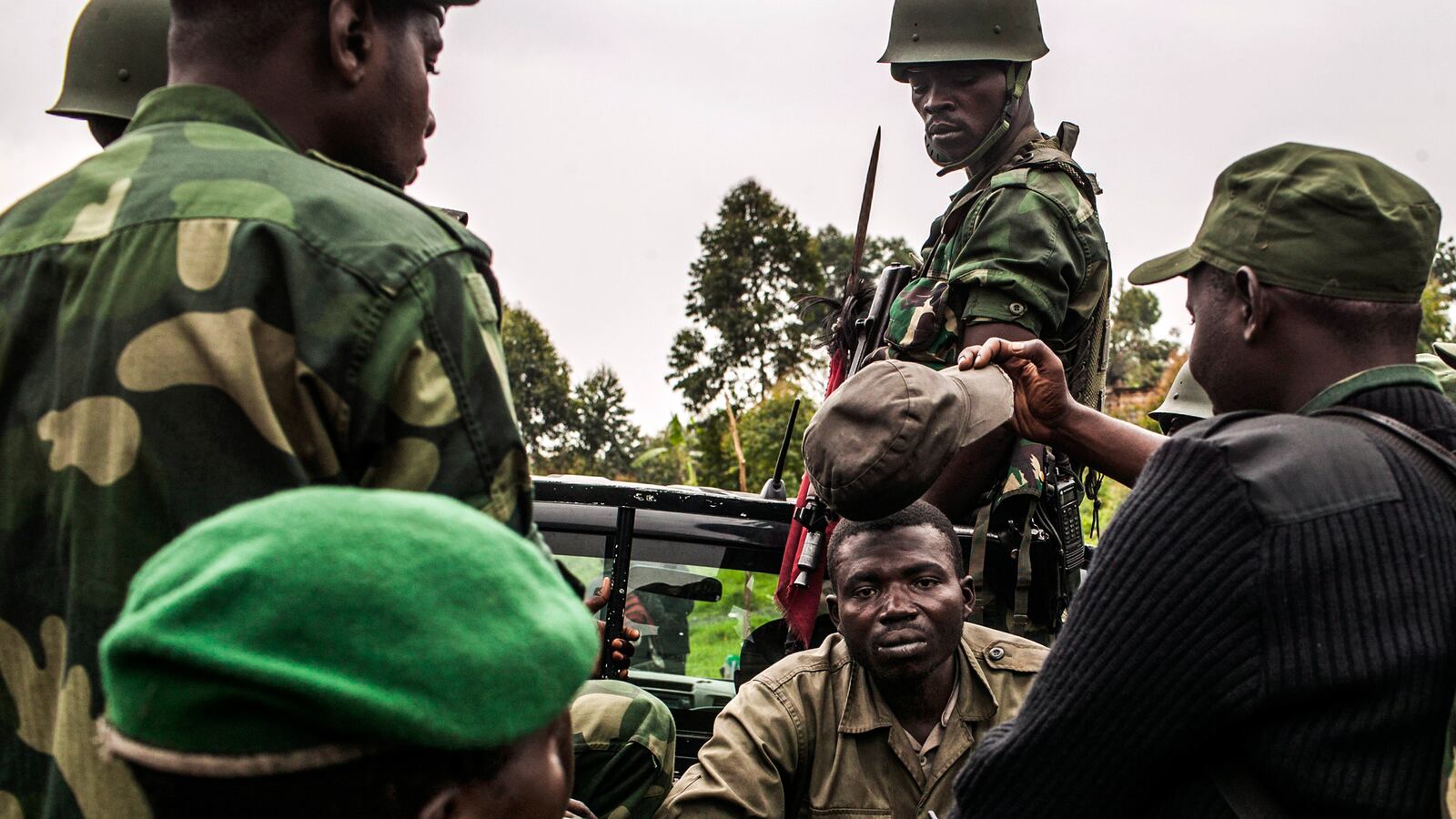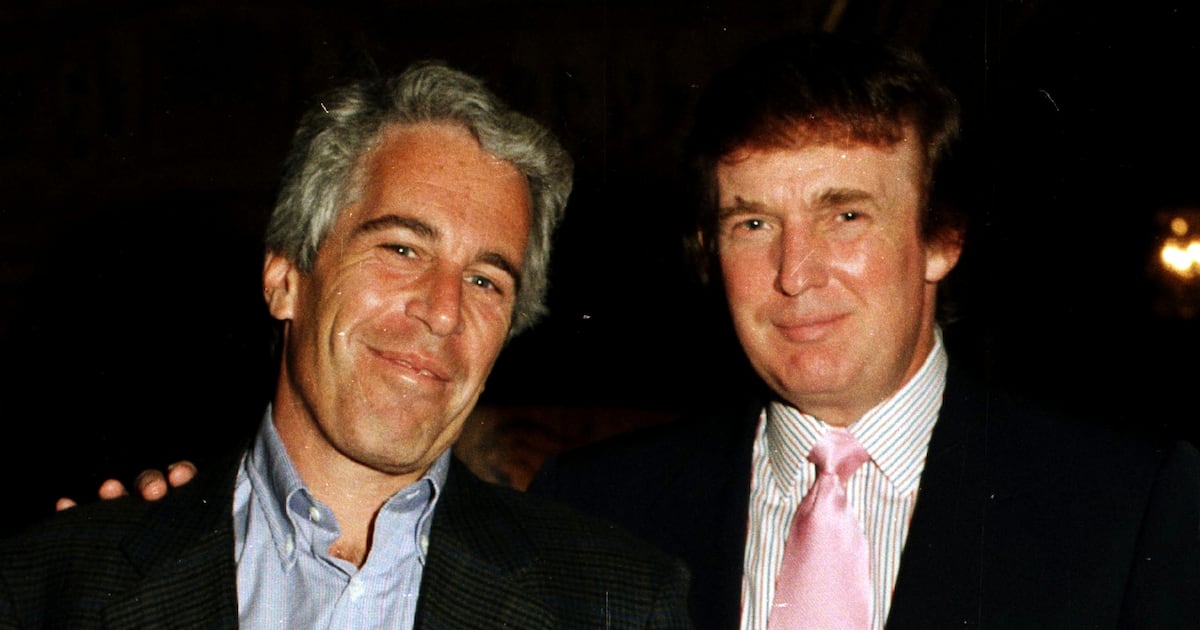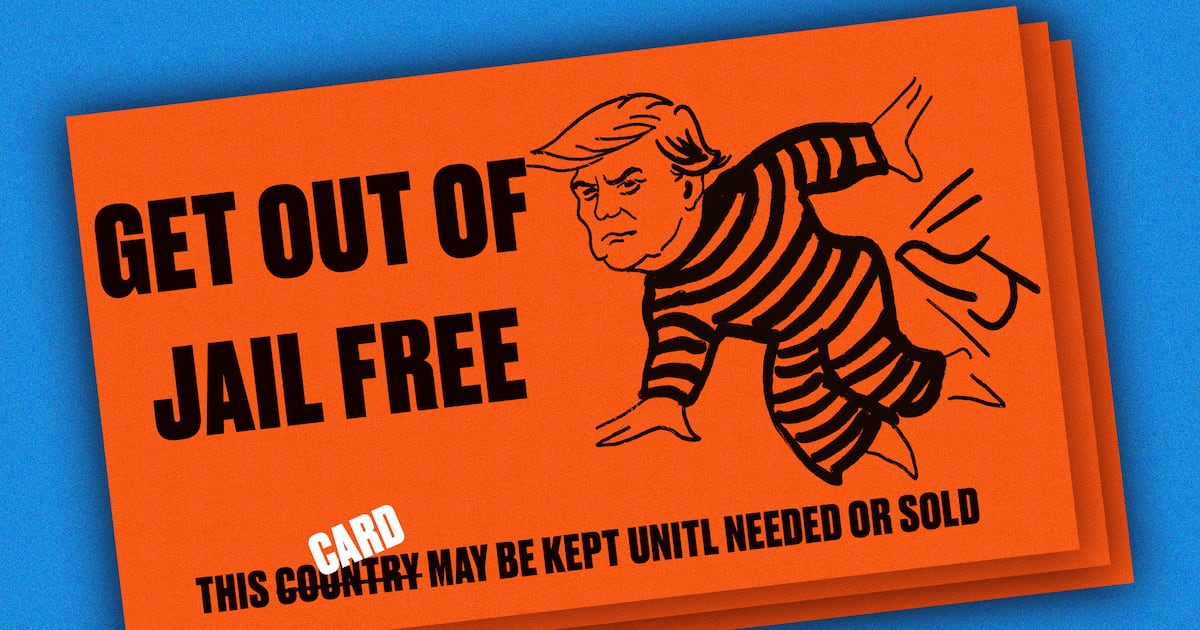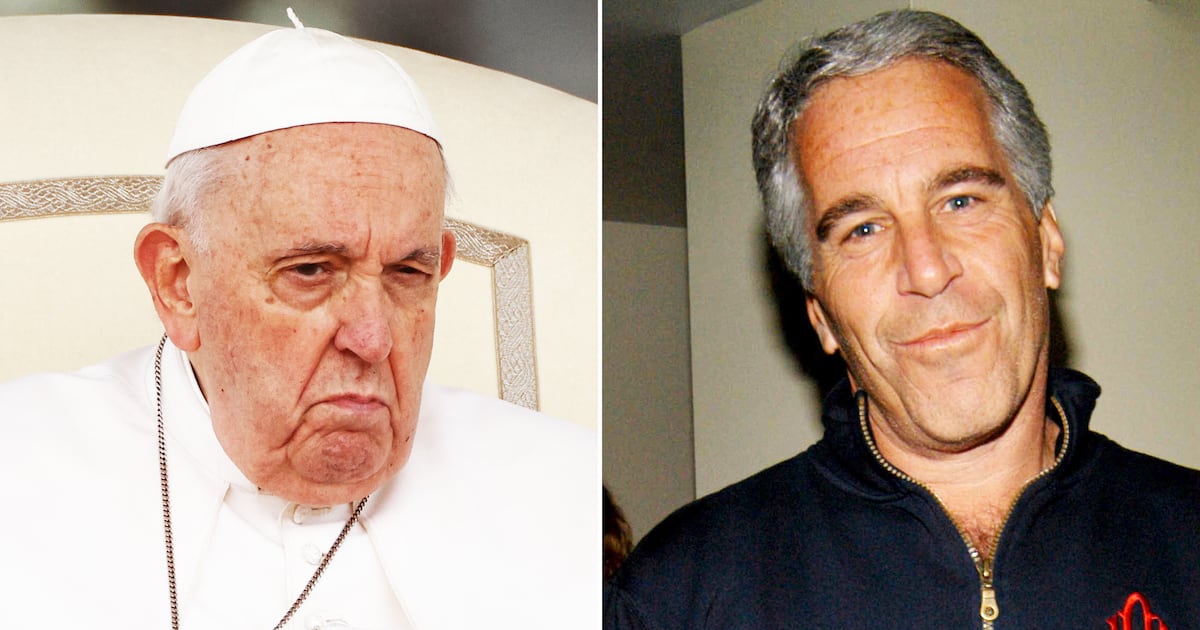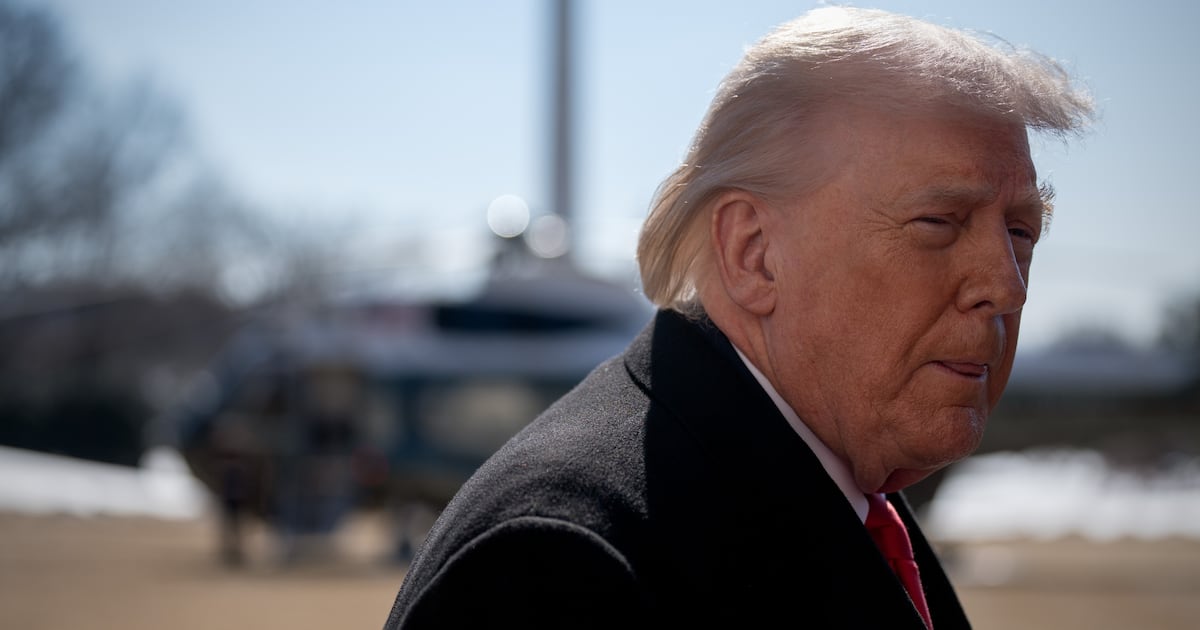Good news is hard to come by in Congo, so no one should be surprised to see Congolese citizens dancing in the streets these days, overjoyed by their government’s rare battlefield victory over the reviled M23 rebellion. For the last year and a half, the M23 has destabilized wide swathes of eastern Congo, committing horrific atrocities in the areas it controlled. A huge opportunity exists now to build on the momentum of the M23’s demise by pivoting to inclusive regional and internal processes aimed at addressing the core drivers of violence that have condemned Congo to being the deadliest conflict in the world since World War II.

Only a year ago, the M23 took control of the largest town in eastern Congo and had the clear upper hand in the conflict. What changed since then? Three variables were decisive, and lessons can be derived from all three for what remains to be done for lasting peace to have a chance.
First, the international community came together in an unprecedented way to demand an end to external support for the M23. After numerous human rights and U.N. investigative reports had fingered Rwanda as a main source of support to the M23, key governments suspended parts of their aid programs and made strong appeals to Rwanda to cease all support for the M23, support which Rwanda has consistently denied providing.
Second, UN envoy Mary Robinson, U.S. envoy Russ Feingold, and key African states supported Congolese civil society calls for army reform and accountability for war crimes. As a result, the Congolese government sent new commanders to the frontline, rotating out a number of highly corrupt senior officers. The diplomats also demanded that no amnesty be given for the commission of war crimes, something that was routinely doled out in the context of past peace deals. The new spirit of reform and accountability had an empowering effect on the Congolese army’s performance, strongly backed by an African-led Intervention Brigade that helped turn the tide militarily in a way that wasn’t possible a few short months ago.
Third, the previous source of illicit rebel financing—violent and illegal extraction of conflict minerals—was for the most part eliminated by a combination of reforms catalyzed by the Dodd-Frank transparency bill passed by the U.S. Congress. Since the legislation was enacted, a series of actions taken by regional governments, multinational companies, and local civil society organizations has removed much of the profitability of rebellion, with gold being the only exception. Violence is no longer as lucrative as it once was as the warped war economy is finally being addressed for the first time since King Leopold began looting Congo’s wealth over a century ago.
Wiping out one rebel group, however, is just a small step on the path toward peace. Much more progress must be made before the logic of war is reversed. Most obviously, the combination of an improved Congolese army and the African-led Intervention Brigade will now turn their attention to other spoiler armed groups that have terrorized Congolese communities for years. Topping the list is the FDLR, a Rwandan militia led by the remnants of those that committed the 1994 genocide in neighboring Rwanda. The FDLR has been cited by the Rwandan government as the reason it must remain engaged in cross-border security. Neutralizing or defeating the FDLR removes any pretext for regional intervention.
Secondly, the long, slow, painful process of Congolese governance reform must be accelerated. Preparing free and fair local elections can reinforce populist efforts at holding politicians accountable. Taking army reform to the next level and prosecuting rights-abusing soldiers will play a major role in building state legitimacy. Creating mixed courts to try war crimes will help break cycles of impunity that have reinforced conflict. And building the capacity of the government to deliver services and support transparent development will help unlock Congo’s vast economic potential represented by its natural resource base and its resourceful people.
Thirdly, economic agreements must be forged between regional states, particularly Rwanda and Congo. The biggest driver for future peace will be the profit motive. The regional economic pie can be greatly expanded through the legal, peaceful exploitation of natural resources and shared infrastructure. Deals must therefore be struck between states to ensure proper audits for conflict-free mineral supply chains, regional infrastructure and cross-border economic development projects, and other elements of an expanding regional economy.
The defeat of the M23 is a small step for regional peace, but a giant leap for Congo’s confidence that united internal action backed by unified external support can result in huge progress. The seemingly impossible is suddenly possible, but only if Congolese and international partners double down on good governance, accountability, regional economic integration, and the defeat of spoilers. This is Congo’s chance.

